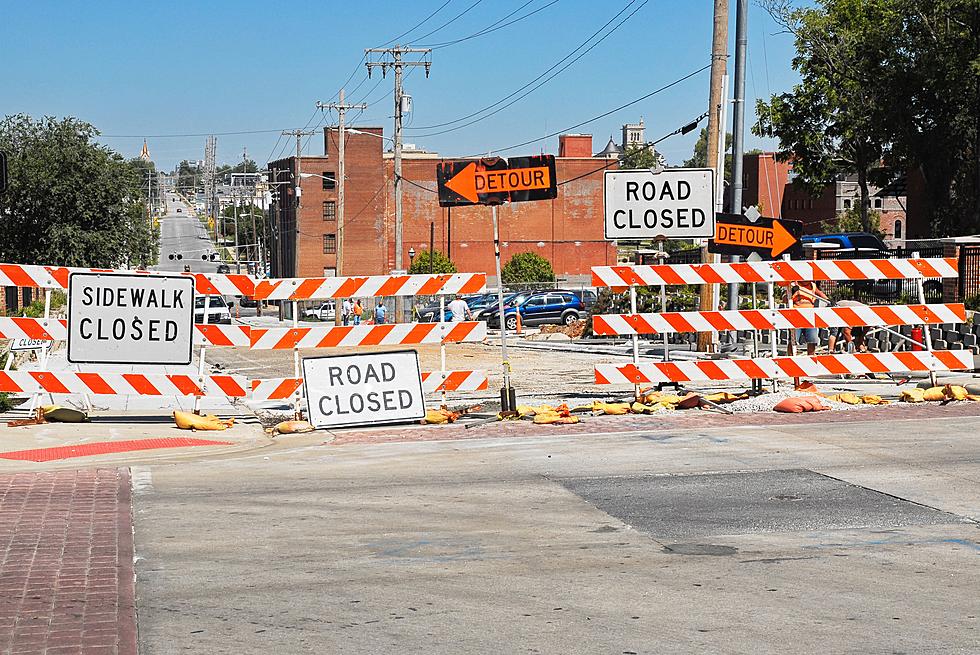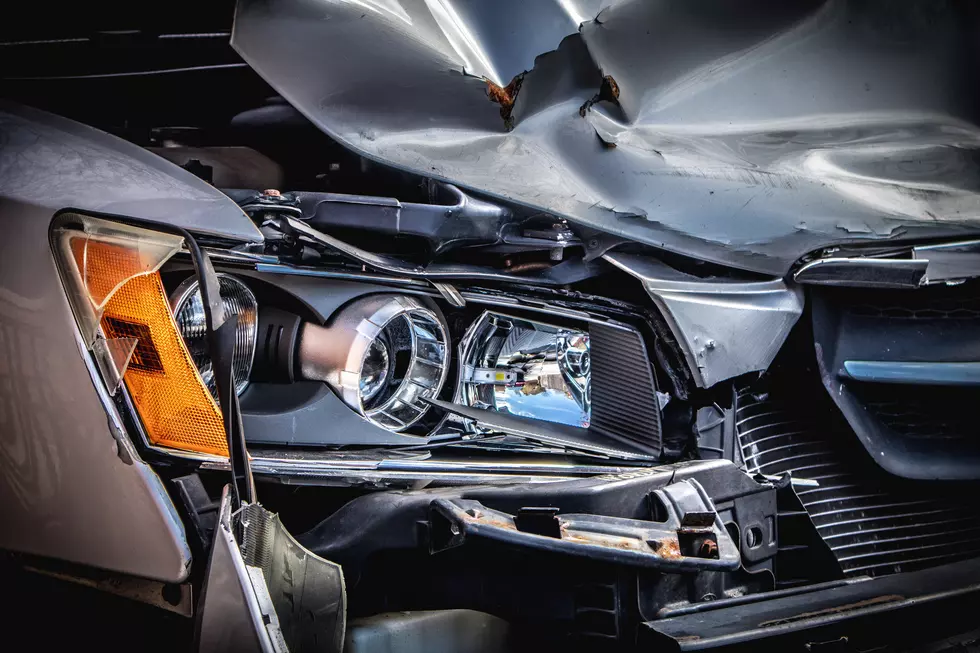
NJ Is Using a New Highway Repaving Technique
The state Department of Transportation is extending the life of major highways and saving money by using a process called pavement preservation.
The technique uses micro-milling to smooth the roadway. A slurry seal and a high-performance thin overlay then goes on top. This prevents water from seeping and ensures a smooth ride.
DOT spokesman Steve Schapiro said this technique allows the DOT to “preserve our roadways in good condition without having to do a traditional full mill and pave project. We’re preserving the roads allowing us to stretch our dollars further.”
He explained analysis by the DOT has determined pavement preservation is cheaper and easier than traditional repaving.
“It basically extends the functional life of the roadway for another 10 or more years. It also improves the ride quality, so it’s a state-of-the-art technique that really helps us keep the roads in good condition.”
Schapiro noted the DOT has been using pavement preservation on one or more lanes for varying lengths on several highways including Interstates 295, 280 and 287 as well as Route 24 in Millburn.
The DOT spends about $400 million a year on roadway repair and repaving, and the use of pavement preservation could be expanded going forward because “it improves the safety and reduces the cost by slowing the rate of highway deterioration.”
You can contact reporter David Matthau at David.Matthau@townsquaremedia.com
More From Rock 104.1



![Driving This Road Through EHT and Northfield is INFURIATING and Feels Like the Autobahn [OPINION]](http://townsquare.media/site/398/files/2021/11/attachment-Tilton-Rd-at-950.jpg?w=980&q=75)






